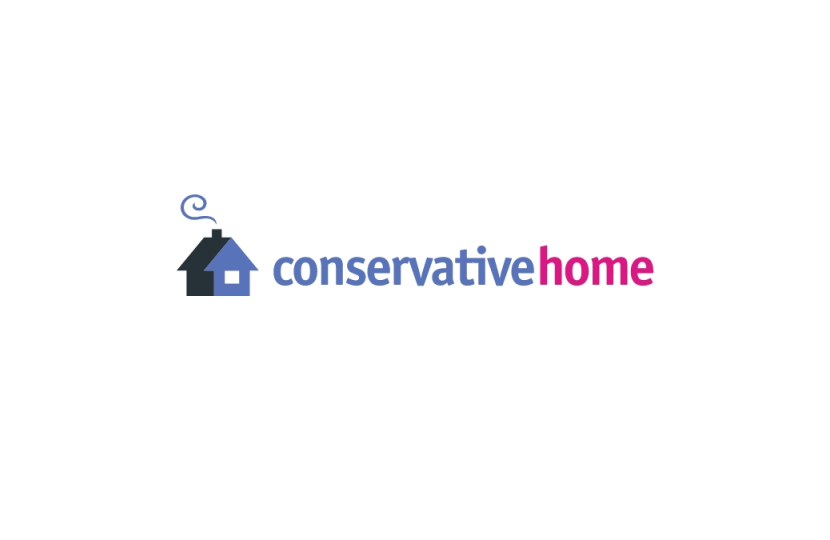
When Rachel Reeves clambered up to her third-floor office in One Horse Guards each morning over the past hundred and twenty days or so, you would be forgiven for thinking she flings open the doors to her Portland stone balcony and surveyed dozens of Golden Geese surrounding the pond in St James’ Park – each one guarding a golden egg. Given the economic reaction over the same period, upon seeing these Geese she has seemingly removed an ancient blunderbuss adorning her office wall and took aim. Bang! Tax hikes on small businesses. Bang! Farmer’s land kaput. Bang! Independent Education squeezed.
However, the emergence of an oversized red tie wearing, six-foot three-inch, force of nature from across the Atlantic, may have forced her to hesitate when viewing the scrawny golden goose guarding a rather pale golden egg marked “Defence.”
One of Donald Trump’s remarkable foreign policy successes during his first term was forcing Europeans to, rightfully, contribute more to our own defences. In many cases, simply meeting agreed objectives of NATO in the first place (2% of GDP) rather than relying on the blanket of US protection. With the President-Elect’s predisposition, economically, diplomatically and militarily, towards China it looks like that blanket is being pulled away from the proverbial European side of the bed.
For the UK, we should view this as an opportunity, not a burden to be shouldered. Defence is a unique industry. In the West, the industry itself is dominated by private (i.e. non state owned) companies, it is highly consolidated, characterized by monopolies or oligopolies, regulated and supplying solely to states or other sanctioned states.
This gives them a uniqueness of being one of the few industries to be exceptionally stable, highly important and technologically adept – three critical criteria for economic growth. Many of the world’s technological advancements have been born out of military innovation – and due to the nature of defence investment, benefits would be concentrated here in Britain.
Defence is also a unique public service — a service which is necessary but ought never to be used. The public see, day to day, the work our fine nurses, police officers and civil servants do. But they are, by definition, shielded from the work of the Armed Forces, often only really interacting with them for barely minutes every year (if that) at Remembrance events, or perhaps when channel hopping during the Trooping the Colour every June.
This attitudinal shift away from the superficial assertion that the Defence department is like any other, and towards one of existential necessity is possibly the hardest to overcome when it comes to resourcing our Armed Forces. It is the reason the Treasury looks to expensive capital projects (aircraft carriers, fast jets and new tanks) when it comes to juggling competing public spending interests, after all, the public will never ‘need’ an F-35, will they? But they might need a hospital bed.
Perhaps if the government cannot see the growth argument for Defence investment they could stop using the “first duty of government is to protect its citizens” argument as cheap phrasing and actually put their money where their mouths are.
But perhaps above all the world is increasingly uncertain. A cliché as old as time l hear the reader chime, but l beg, read on. We now live in a world whose leaders crave and respect overt strength. A change from the iron fist, in a velvet glove, diplomacy which characterised the successful (at least for us) approach of the British Empire in the 19th Century, the tension which held the globe in balance during the Cold War or the US hegemony throughout the ‘End of History’. We now live in a world awash with strong men, and men not afraid to use that strength: Pyongyang’s million-man army (minus 10,000 – who are fighting under the Russian flag in Ukraine).
Tehran’s Ayatollahs flooding the world’s busiest maritime choke point with lethal drones. Moscow’s ever increasing escalation in Ukraine and the potent threat of nuclear destruction. And, of course, Beijing’s cryptic economic, diplomatic and militaristic bepuzzlement to project its cunning plans across the planet in ways we will probably never be able to discern.
In many ways uncertainty means complexity.
As human beings we see to explain in increasingly more complex ways inventing systems upon systems. But I would argue there is a simplicity underlying the new world order. A simplicity based on strength where the universal currency is, as disappointing as it might be to say, Martial. China, Russia, North Korea and Iran, as our adversaries, fear and respect military strength – its why they lean on their Martial culture so heavily – rarely in the West, for example, do we parade our globe destroying weapons through the streets of our capitals.
Our alliances in the West will always be our strength, but we have lived, very acutely, through a period where we failed to resource that strength and our citizenry has paid the price in our wallets, whilst Ukrainians have, tragically, paid the price with their lives. Too often we have seen the same muted impact of dripping and dribbling resource when we need to be decisive and bold in our action. The UK must stop messing around properly fund, expand and maintain a potent military which commands respect for its ability, not just its hutzpah.
Forget the strong nuclear force, institutional inertia is the strongest force to be overcome in public policy, and it may take a blast of The Donald from across the pond to force messrs Starmer and Reeves to relinquish their taste for golden goose foie gras and sprinkle those scarce toasted breadcrumbs in the direction of, not only an industry which could see them achieve some of their growth objectives, not only an Armed Forces they have an inherent responsibility to resource, despite never wanting to use, but an a military which is sends a message in a language all our adversaries understand.
Link to original, published in Conservative Home on 20 November 2024.




